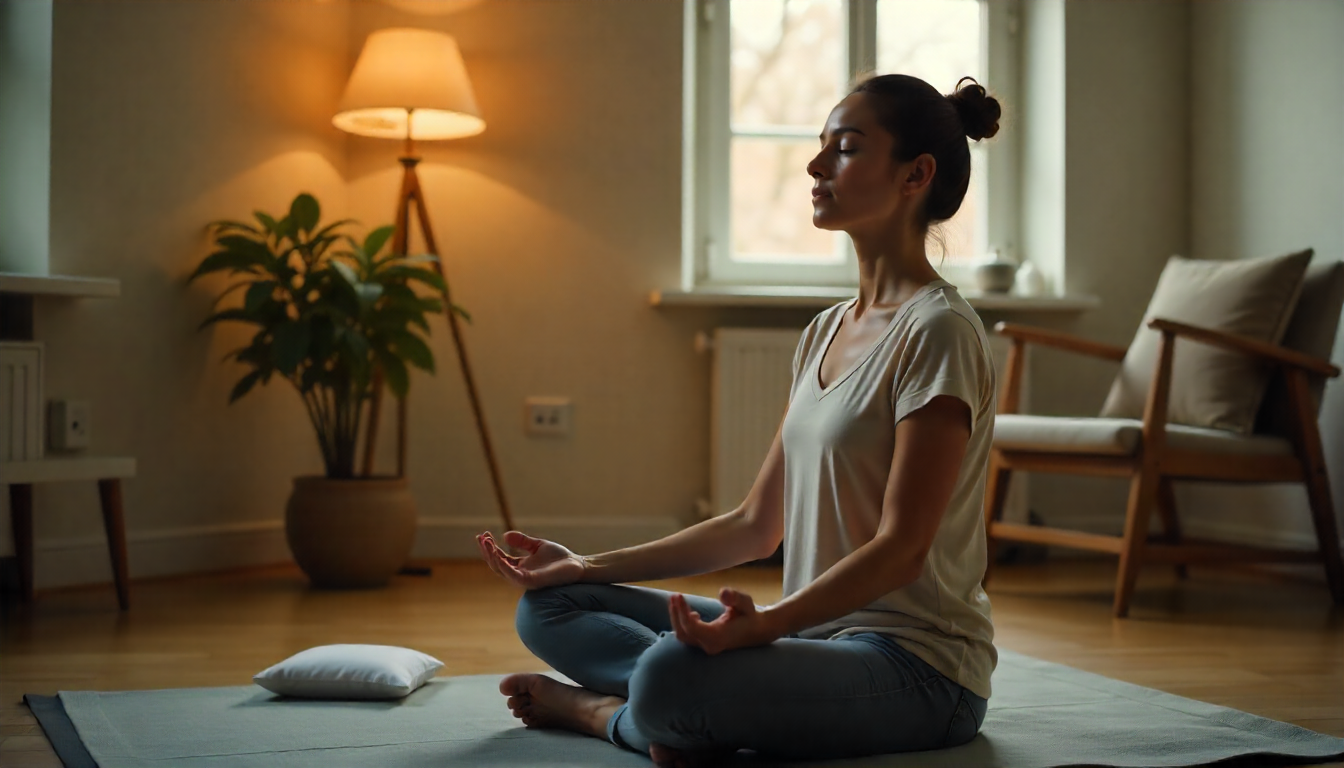
Chronic Pain Counselling
Overcome Anxiety and Reclaim Calm in Your Life
At CPC Clinics, we provide specialized chronic pain therapy in Calgary for individuals living with ongoing pain or long-term illness. These challenges can affect energy, sleep, work, and family rhythms, but our evidence-based approach helps you manage symptoms, build resilience, and reconnect with what matters most.
Your care is structured, collaborative, and paced to match where you are. Here’s what our bipolar-informed approach typically includes:

Comprehensive Assessment
Comprehensive Assessment: Your care begins with a thorough and thoughtful assessment of your symptoms…
Comprehensive Assessment: Your care begins with a thorough and thoughtful assessment of your symptoms, flare patterns, sleep quality, daily functioning, and medical history. By looking at all of these areas together, we gain a complete picture of how pain affects your life. This allows us to create a treatment plan that is precise, individualized, and truly responsive to your unique situation.
Thought and Behaviour Tools
Thought and Behaviour Tools: You will be supported in learning how to recognize and gently…
Thought and Behaviour Tools: You will be supported in learning how to recognize and gently challenge thought patterns that can increase suffering, such as catastrophizing, avoidance, or anxiety related to pain. By practicing healthier ways of thinking and responding, you can reduce distress, build resilience, and regain a stronger sense of control over your health and daily choices.
Pacing and Flare Management
Pacing and Flare Management: Together we will create personalized pacing strategies and flare…
Pacing and Flare Management: Together we will create personalized pacing strategies and flare-response plans. This includes carefully scheduled activities and structured energy management that prevent the exhausting cycle of “pushing through” and then crashing. These tools help you stabilize your energy, minimize setbacks, and gradually expand what you are able to do with greater confidence.
Coping Skills for Daily Stability
Coping Skills for Daily Stability: You will learn coping strategies designed to calm and steady…
Coping Skills for Daily Stability: You will learn coping strategies designed to calm and steady your nervous system throughout the day. Techniques such as grounding exercises, intentional breathing, and improved sleep routines provide practical ways to reduce stress, restore balance, and create more predictability in your daily life.
Collaborative Care
Collaborative Care: With your permission, we will coordinate with your physicians, specialists, or…
Collaborative Care: With your permission, we will coordinate with your physicians, specialists, or other health providers to ensure that your counselling is integrated with your broader medical care. This collaboration helps you feel supported by a cohesive team and reduces the stress of having to manage complex care on your own.
Values-Based Goal Setting
Values-Based Goal Setting: Your counselling will focus on setting goals that reflect what matters…
Values-Based Goal Setting: Your counselling will focus on setting goals that reflect what matters most to you—whether that is reconnecting with loved ones, returning to meaningful work, enjoying physical movement, or re-engaging with community activities. By anchoring your plan in your personal values, we help you move toward a life that feels fulfilling and purposeful, even in the presence of ongoing pain.
How Chronic Pain Therapy Helps You Find Relief
We draw from a spectrum of rigorously researched therapeutic approaches to tailor our chronic pain therapy in Calgary to your unique needs. Each modality integrates both skill-building and experiential practice, empowering you to manage symptoms, rebuild resilience, and engage fully in life.

1. CBT For Pain:
CBT helps you notice pain-related thoughts, test them against daily evidence, and pair new thinking with behaviour shifts like graded activity…read more
2. Exposure Activity:
When certain movements feel scary, stepwise exposure. Tiny, repeatable steps can rebuild trust in your body. We plan micro-increases that...read more
3. Mindfulness-Based Stress Reduction:
Mindfulness trains attention to the present moment. Breath, body, and environment… read more
4. Acceptance and Commitment Therapy:
ACT helps you make room for difficult sensations and emotions while moving toward values… read more
5. Supportive Self-Regulation:
Biofeedback teaches you to read and soften stress responses (muscle tension, breathing, heart… read more
Meet Our Calgary Chronic Pain Counsellor:

Julie Miazga
M.Psych (Hons)
Registered Provisional Psychologist & Chronic Pain Rehabilitation Expert
Flexible & Accessible Counselling Options :
We’re committed to making couples counselling convenient, transparent, and accessible—whether you’re in Calgary or anywhere across Alberta.

Sessions start from $240 CAD per session

Insurance billing available under specific conditions

In-person sessions available in Calgary

Virtual therapy sessions offered throughout Alberta
Let’s find a time and format that works best for you.
Blogs:
Find Relief With CPC Clinics: A Conversation With Us
Discover how CPC Clinics supports individuals living with chronic illness and pain through compassionate, personalized care. This page explores practical approaches, evidence-based strategies, and what to expect when beginning your journey with our chronic pain therapy in Calgary.
Frequently Asked Questions:
Ans : No. You can self-refer. If your benefits require a referral, we’ll provide receipts with your therapist’s credentials and service details. With consent, we can coordinate with your physician or specialist. Most clients self-refer.
Ans :
Counselling isn’t a cure and we don’t offer timelines. Many people report less distress, steadier routines, and more confidence doing important activities—even when pain persists. Approaches like CBT, ACT, and mindfulness can reduce pain interference and improve function versus usual care. (Harvard Health)
Ans : Yes. We’ll slow the session, use gentler skills, and tailor homework to your current energy. Virtual appointments are available. Flare-aware plans protect sleep and recovery while keeping momentum with small, doable steps.
Ans : With your consent, we can share plans and updates with your physician, physiotherapist, or specialist. Combining movement-based rehab with psychological approaches (pain education, CBT) often supports function more than either alone. (Harvard Health)
Ans : Our Registered Psychologists issue detailed receipts that many extended health plans reimburse. Coverage varies by insurer and policy; please confirm with your provider. If direct billing is available, we’ll let you know at booking. We can discuss access options if cost is a barrier.






